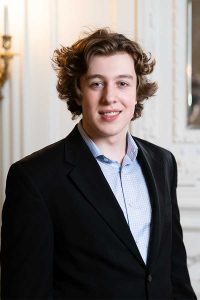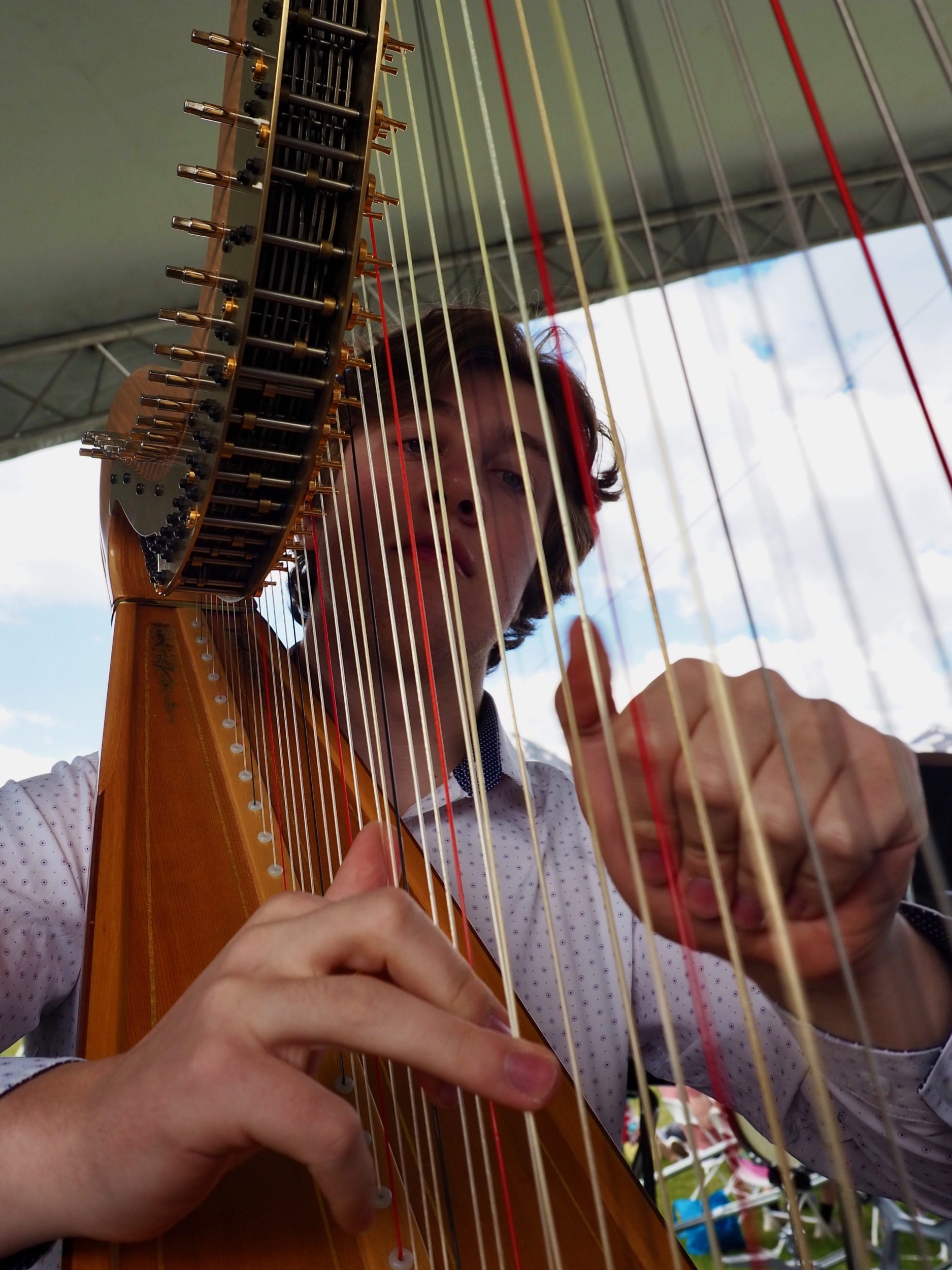[fusion_builder_container type=”flex” hundred_percent=”no” equal_height_columns=”no” menu_anchor=”” hide_on_mobile=”small-visibility,medium-visibility,large-visibility” class=”” id=”” background_color=”” background_image=”” background_position=”center center” background_repeat=”no-repeat” fade=”no” background_parallax=”none” parallax_speed=”0.3″ video_mp4=”” video_webm=”” video_ogv=”” video_url=”” video_aspect_ratio=”16:9″ video_loop=”yes” video_mute=”yes” overlay_color=”” video_preview_image=”” border_color=”” border_style=”solid” padding_top=”” padding_bottom=”” padding_left=”” padding_right=””][fusion_builder_row][fusion_builder_column type=”1_1″ layout=”1_1″ background_position=”left top” background_color=”” border_color=”” border_style=”solid” border_position=”all” spacing=”yes” background_image=”” background_repeat=”no-repeat” padding_top=”” padding_right=”” padding_bottom=”” padding_left=”” margin_top=”0px” margin_bottom=”0px” class=”” id=”” animation_type=”” animation_speed=”0.3″ animation_direction=”left” hide_on_mobile=”small-visibility,medium-visibility,large-visibility” center_content=”no” last=”true” min_height=”” hover_type=”none” link=”” border_sizes_top=”” border_sizes_bottom=”” border_sizes_left=”” border_sizes_right=”” first=”true”][fusion_text columns=”” column_min_width=”” column_spacing=”” rule_style=”” rule_size=”” rule_color=”” hue=”” saturation=”” lightness=”” alpha=”” content_alignment_medium=”” content_alignment_small=”” content_alignment=”” hide_on_mobile=”small-visibility,medium-visibility,large-visibility” sticky_display=”normal,sticky” class=”” id=”” margin_top=”” margin_right=”” margin_bottom=”” margin_left=”” fusion_font_family_text_font=”” fusion_font_variant_text_font=”” font_size=”” line_height=”” letter_spacing=”” text_transform=”” text_color=”” animation_type=”” animation_direction=”left” animation_color=”” animation_speed=”0.3″ animation_delay=”0″ animation_offset=”” logics=””]
Hailing from outside of Chicago, 21-year-old Daniel Benedict is about to have his biggest moment on stage.
There’s a significant amount of pressure that comes with playing the harp. First of all, it’s one of the orchestra’s few solitary instruments. Also, in most pieces, the role of the harp is minimal, but resounding. Thus, if the harp’s timing, note or pitch is even slightly off, it’s difficult to disguise. If the harpist happens to be a soloist, the pressure is magnified tenfold.
Luckily, one of the most important lessons harpist Daniel Benedict learned as a small child is to not overthink it.

“It came down to a first great teacher,” says Benedict, one of 80 musicians selected for the 2023 National Repertory Orchestra. “She was very nice, very supportive. She’d always start a lesson with a piece of candy. She harbored an environment of no fear, which I think is important for music. Once you’re afraid, you’re holding back. There should be no holding back. She taught me at an early age to not be in my head, which is important in all things, especially music.”
The teacher was Marcia LaBella. Growing up in Oak Park, Ill., just outside of Chicago, Benedict was the youngest of six. He started lessons with LaBella at age 8, and largely credits her with his love of the harp.
“She never told me exactly what to do. She’d try to explain it or use images, or describe something happy, so I could create something on my own,” Benedict says. “I think the best thing about the instrument is the resonance it has, its unique property and drawback. We don’t have a bow. We don’t have air. We can’t sustain and control a note; we only have the initial release. Creating a line on a harp is a very different kind of line than other instruments. Every line vibrates into the next. It’s all going at the same time. It can be percussive, but not percussive. That’s the hardest part, but also the best part.”
As Benedict became more proficient, he upgraded to a pedal harp. In high school, he joined the prestigious Chicago Youth Symphony Orchestra. He won a concerto competition and later, a national award with the American Harp Society.
He grew up with other hobbies and passions, including volleyball, but the harp gradually became his primary focus. After three years at the Curtis Institute of Music, where he credits teacher Elizabeth Hainen for in-depth learning of the basics, he plans to graduate next year and has big dreams for his future as a musician.
“It’s definitely what I want to do for a living,” he says. “Being a solo or chamber harpist would be pretty amazing. Prinicipal harpist at the Berlin Philharmonic is the dream job.”
At age 21, Benedict has numerous short-term goals, many of which he’s checking off his list this summer with the NRO.
“I want playing in an orchestra to feel natural. It usually feels like I’m working too hard,” he says. “I want to have more confidence in my counting and my instincts.”
From the moment NRO musicians arrive in Breckenridge in June, their schedules are fully booked, with a rehearsal or a performance (or several of both) nearly every single day until they depart in August. For Benedict, this leaves little time for stage fright or letting his nerves run astray.
“My joke is that I’m playing more orchestra this summer than my whole life combined,” he says. “There are long days, but you just play. Playing in orchestra, sometimes it feels like you’re not doing much, but it’s the most educational kind of playing. It forces you to listen to all the amazing musicians around you and that teaches you music. You have to be precise without thinking about being precise.”
Benedict considers the characteristics that make the harp uniquely challenging.
“The trickiest aspect of the harp is getting over the difficulties of the instrument and making music. There are seven pedals that make the pitch flat, natural or sharp. The pitch will be wrong if the pedal is not correct,” he says. “The nicest thing about harp is that it is a polyphonic instrument and can play multiple lines at once, like a piano. There’s this millisecond of tension before the release. That’s something that sets us apart. Like the piano, we have that advantage to solo music that other instruments don’t have.”
On July 12, during the NRO’s Beethoven and Shostakovich, Symphonic Beginnings performance, Benedict will make his orchestral solo debut, performing a one-of-a-kind concerto by Italian composer Mario Castelnuovo-Tedesco.
“I’ve never done a piece before that involves knocking or hitting the soundboard. A couple fun things in this piece are this xylophone effect and nail glissandos. You muffle the bottom part of the string and it sounds like a guitar or xylophone. These are fun effects that capture people’s attention.
This composer wrote a lot for guitar. This piece is not written by a harpist, that makes it interesting. The three movements are all very contrasting. I’m really looking forward to it,” he says.
This is when Benedict must harken back to that early lesson from his first teacher, to simply let his hands do the work.
“It’s about trusting yourself,” he says. “Just play.”
The NRO performs Beethoven and Shostakovich – Symphonic Beginnings at 6 p.m. July 12 at The Riverwalk Center in Breckenridge.
Michael Stern conducts; Daniel Benedict makes solo debut in Mario Castelnuovo-Tedesco’s Concertino for Harp and Chamber Orchestra. Tickets are $5-$45.
Hero Image: Daniel Benedict, NRO harp 2023 by Elaine Collins
[/fusion_text][/fusion_builder_column][/fusion_builder_row][/fusion_builder_container]
